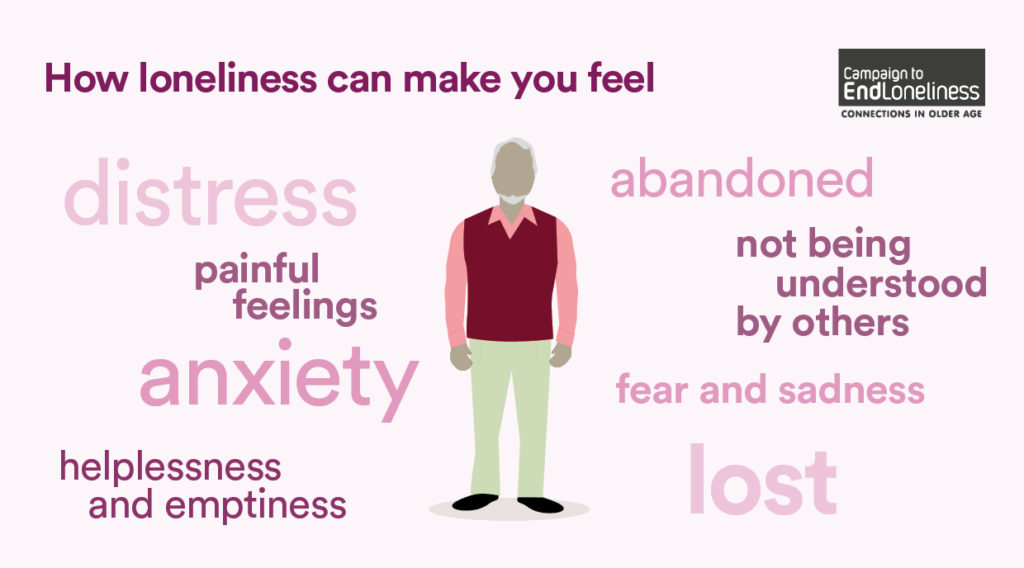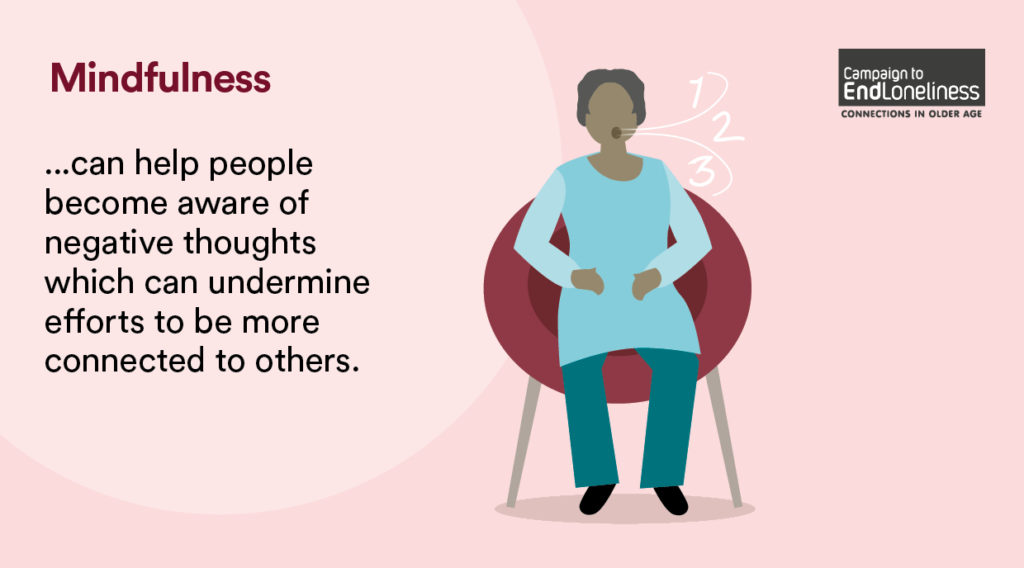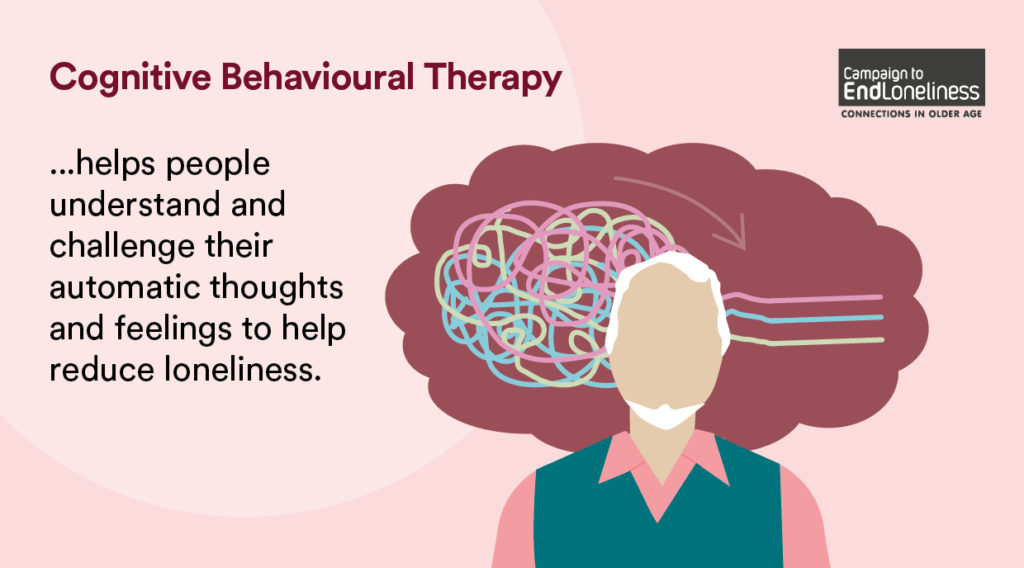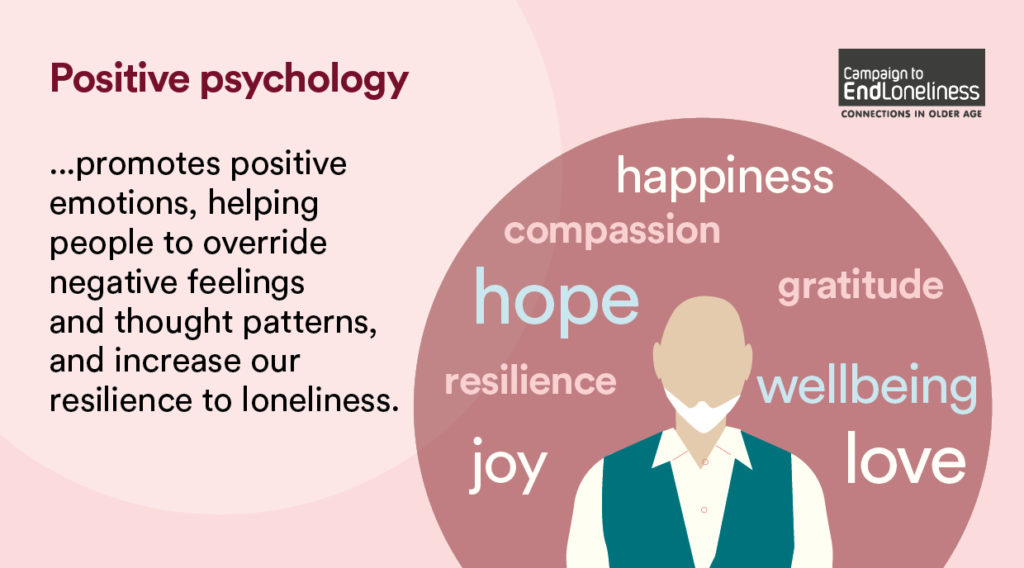To mark the launch of our landmark report on ‘The Psychology of Loneliness’, our Head of Research, Policy and Innovation, Dr Kalpa Kharicha, has written a blog on the importance of using psychological approaches to help tackle loneliness, and why it’s important for more research to be carried out in this area.
Introducing our new report
Loneliness is an emotional response that many people are familiar with. Understanding how psychological approaches can help ease feelings of loneliness and shape our response can help us improve support for older people who are lonely.
That’s why we’re delighted to launch our new report: The Psychology of Loneliness.
This report brings together the research with views and experiences of older people, policy makers, and organisations who work with older people.
“Understanding the ‘internal’ experience of loneliness and how we can respond to it has never been more relevant.”
We know a lot about the factors that can lead to older people feeling isolated and excluded and the life events that can contribute or trigger loneliness in later life.
But we know less about the ‘internal’ factors that can shape someone’s experience of loneliness and cause loneliness to become more severe.
Launching this report during the Coronavirus pandemic, we recognise the profound impact it has had on our social behaviour and ability to connect with people and our environment. Understanding the ‘internal’ experience of loneliness and how we can respond to it has never been more relevant.
Why it matters
People use words like anxiety, fear, shame and helplessness to describe how loneliness makes them feel. These powerful emotions can influence how we behave. It can make people wary of social situations or perceive interactions with others more negatively.

How people understand why they are lonely can also make a difference to their experience of loneliness. Loneliness can become chronic if it is seen as something we cannot change. Believing that loneliness is part of who we are, and that we are to blame for it in some way because our relationships are not what we would like them to be, can make loneliness harder to ‘shift’.
“Public campaigning can create awareness of how loneliness influences thoughts, feelings and behaviours and how this can affect our relationships over time.”
If loneliness is considered an expected part of becoming older, either by the person themselves or the society in which they live, it can become a self-fulfilling prophecy and make loneliness in later life more likely.
Whilst we don’t know how these factors influence each other, we can see that psychology matters in our understanding of loneliness. And we need to draw on this, along with what we already know about the social and structural influences on loneliness, when we develop support for people who are lonely.
Psychological approaches
There is early evidence that cognitive behavioural therapy (CBT), mindfulness and positive psychology can reduce loneliness in later life.



These three approaches share key principles. They identify the automatic negative thoughts and feelings which can become overwhelming over time and influence behavior. They use specific techniques to challenge these patterns and replace them with more manageable and positive ways of responding.
In practice we found several examples of these approaches already being used, commonly drawing on a mix of approaches to best suit the person and their circumstances. When delivered by a trained practitioner they allowed time for reflection and support to identify a meaningful response.
Using the information in this report, we call for organisations to identify existing use of psychological approaches within their work, design future programmes to explicitly include psychological approaches, and evaluate their impact on loneliness.
This will help to identify which factors, or combination of factors, are effective at reducing loneliness, and for whom, and further develop the evidence base for loneliness interventions.
What we can do
The insights of psychology can be used to tackle loneliness in three key ways.
Public campaigning can create awareness of how loneliness influences thoughts, feelings and behaviours and how this can affect our relationships over time. Social relationships need to be nurtured over the life course.
Group activities, including services and support for older people need to consciously build in an understanding of the psychological and emotional barriers to engagement when developing and delivering services and in training for staff and volunteers. Psycho-education can help people manage life event and transitions which are known risk factors for loneliness.
For a smaller group of people with chronic loneliness which may be part of a complex set of problems, one-to-one psychological support can help. This can be particularly relevant for those seeking support following a bereavement which has triggered feelings of loneliness, or for those with mental health problems.
We hope the insights in this report serve to highlight how psychological approaches can help with tackling loneliness. Support for loneliness can be better tailored, and more effective, if it recognises both the internal and external aspects of a person’s experiences of loneliness.
We’d like to thank our Advisory group members from the British Association for Counselling and Psychotherapy, Cruse Bereavement Care, Relate and the Royal College of Psychiatrists, who provided their expertise and insight throughout this process. We’d also like to thank KRI Loneliness and Social Isolation in Mental Health Research Network at UCL, who conducted the evidence synthesis for the report.



.png)


No comments on this article yet. Please feel free to submit a comment below.
By submitting a comment you grant Campaign to End Loneliness a perpetual license to reproduce your words and name/web site in attribution. Inappropriate and irrelevant comments will be removed at an admin's discretion. Your email is used for verification purposes only, it will never be shared.